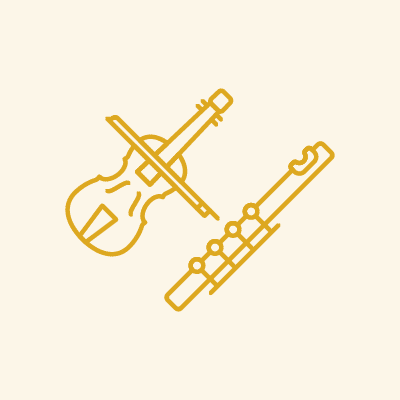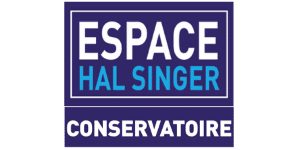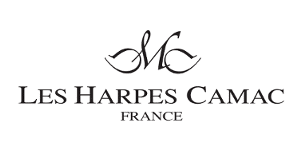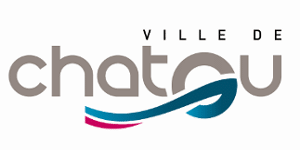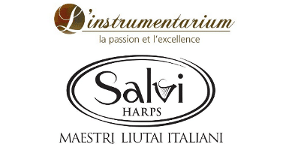Main discipline or option
Options
« Managing Stress »
This workshop is built to:
- Learn techniques to manage your chronic stress and occasional stress
- Become aware of your body , release physical and mental tensions
- Calm inner speech and parasitic thoughts , clarify the mind
- Get in touch with your emotions and intuition to know how to use them
- Be aware of your limits so as not to get hurt
Finally, have personal resources and strategies to manage your stress.
In Sophrology , we will practice BREATHING exercises , Dynamic Relaxations ( gentle body movements) and positive VISUALIZATIONS . This, sitting on a chair or standing.
This technique is based on non-judgment, a benevolent intention towards oneself,
listening and conscious presence.
Course organization:
Group lessons lasting 1 hour will take place every day from 9 a.m. to 10 a.m.
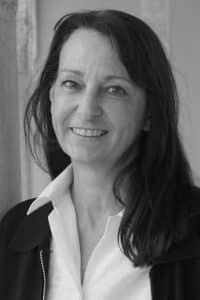
Having lived in different countries for many years (Gabon, Oman, Bahrain, Lithuania,
Cyprus), Margot knows how to adapt her sessions and workshops to different audiences
through listening and empathy combined with the energy needed to change and progress.
Knowing yourself and learning to listen to yourself opens up so many possibilities!
Yoga
In Yin Yoga, we practice postures in relaxation and gentleness, in stillness and using breathing to release tension. This way of practicing allows deep relaxation to reach the FASCIAS. The practice is done lying on a mat and using cushions and yoga blocks so that everyone can adapt the postures according to their possibilities (each body is different).
In my classes, no posture is imposed, everyone practices according to their abilities of the day, their desires and following their feelings. Performance is forgotten here to make way for listening.
The daily practice that this course offers is great for feeling the effects on the body and mind:
- Create openness in the body
- Be more in tune with your limits and needs
- Reduce back pain
- Restore flexibility in joints
- Regain energy
- Improve self-awareness
- Bring inner calm and deep relaxation
Course organization:
Group lessons lasting 1 hour will take place every day from 5 p.m. to 6 p.m.
Wear loose clothing and if possible bring any pillows you may have.

Having lived in different countries for many years (Gabon, Oman, Bahrain, Lithuania,
Cyprus), Margot knows how to adapt her sessions and workshops to different audiences
through listening and empathy combined with the energy needed to change and progress.
Knowing yourself and learning to listen to yourself opens up so many possibilities!

you want to register?

